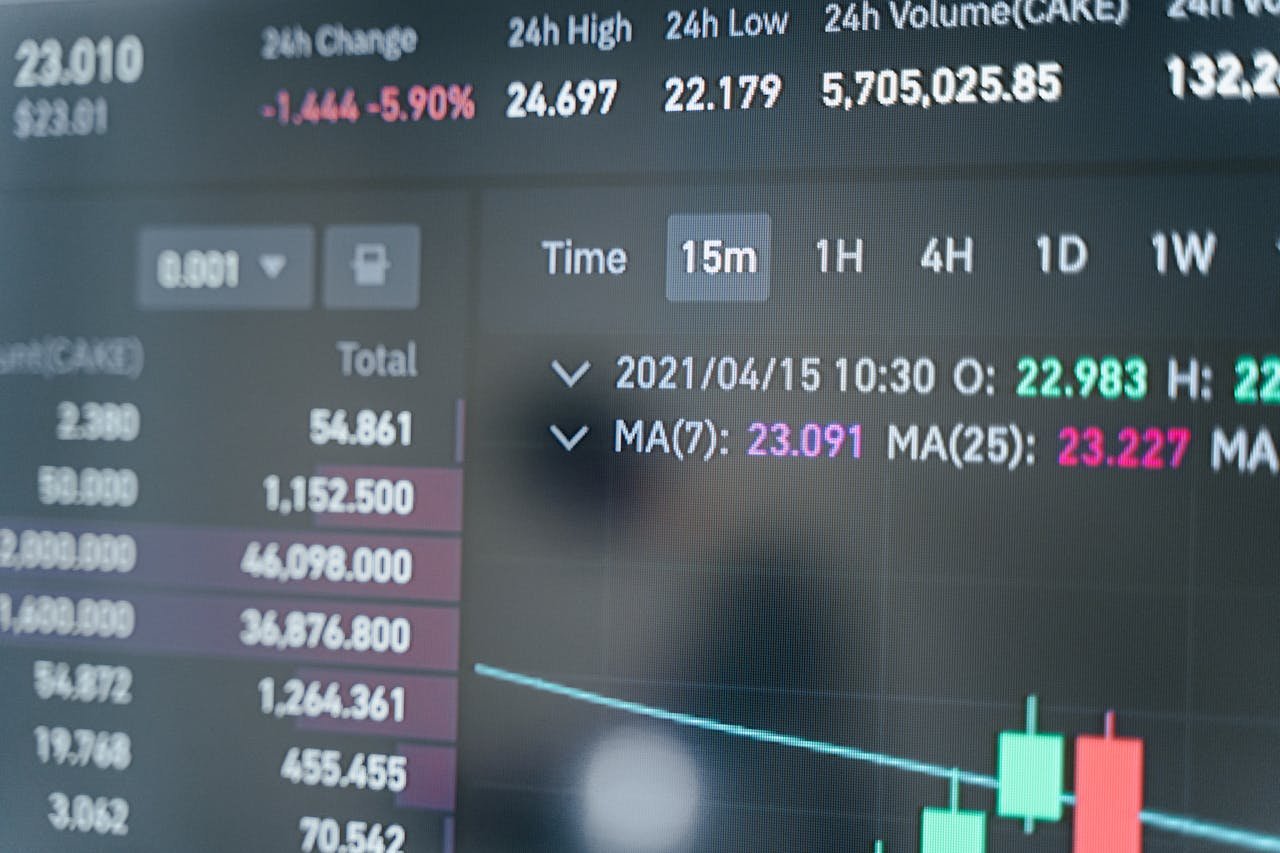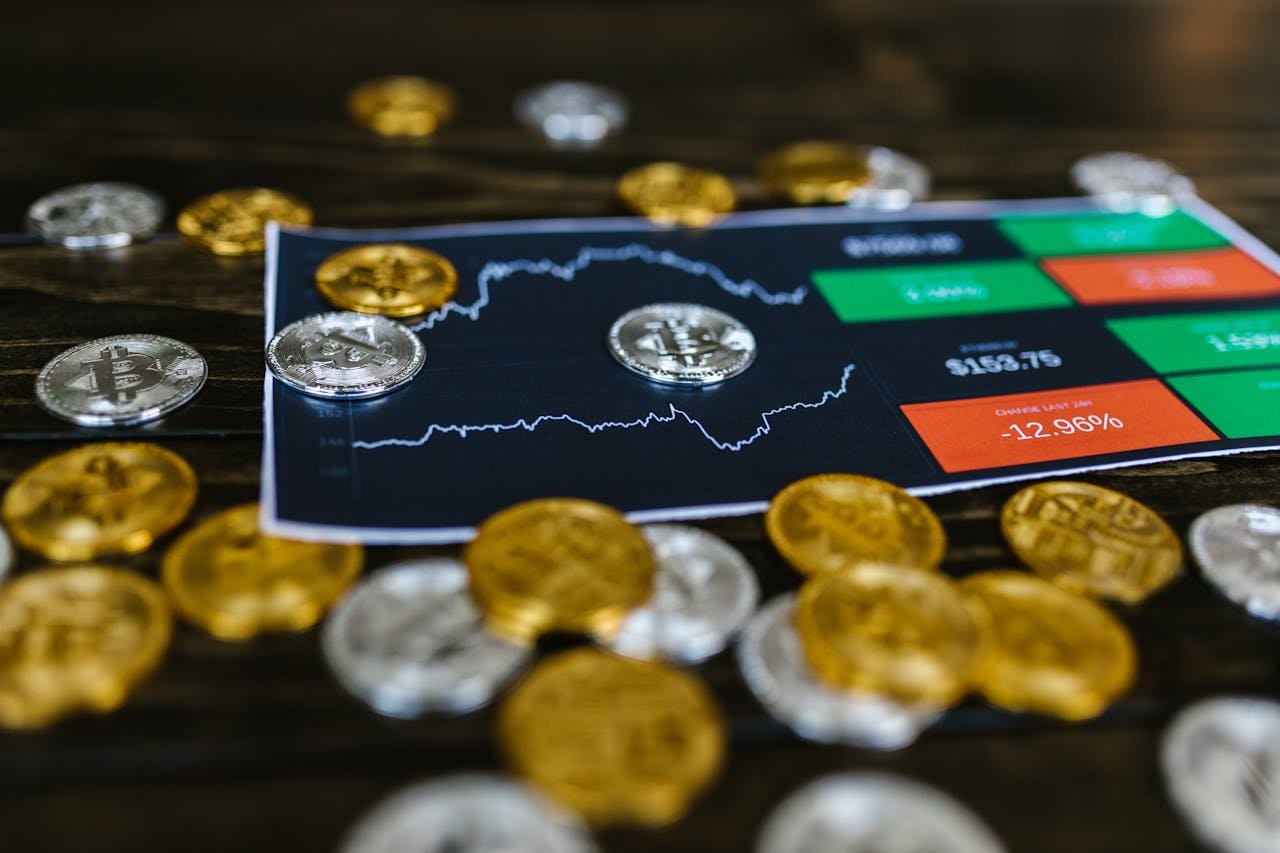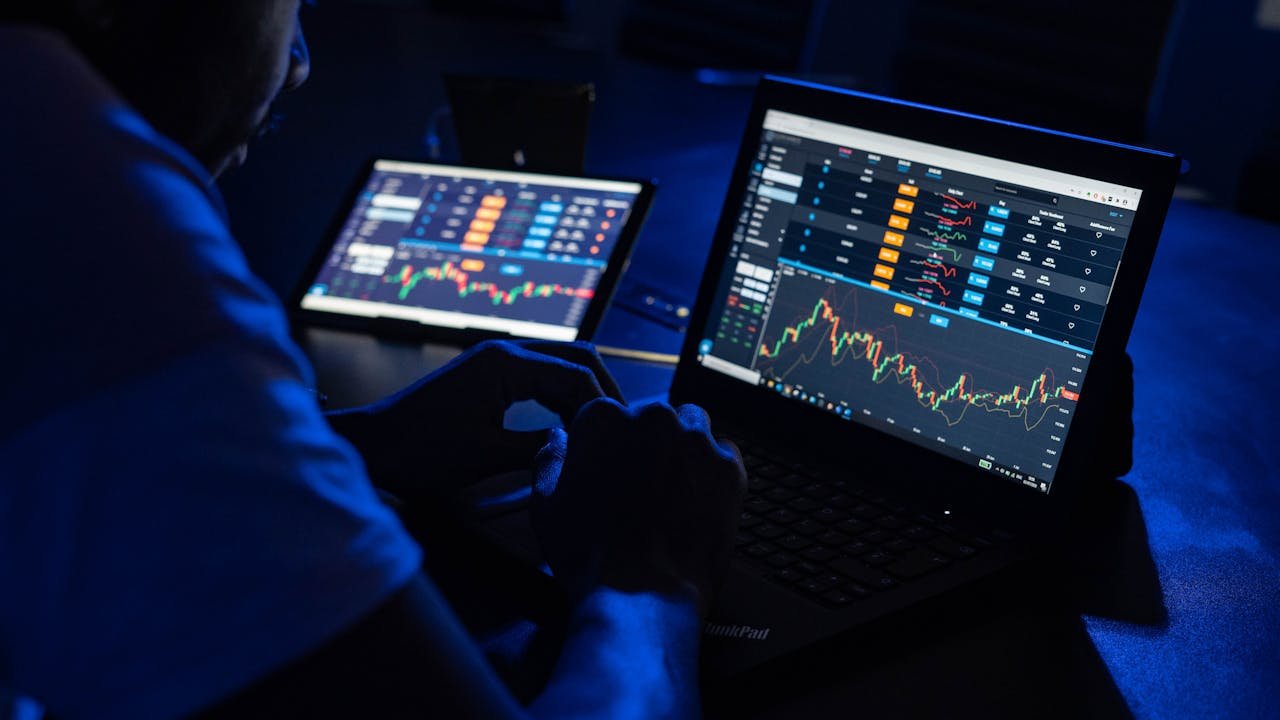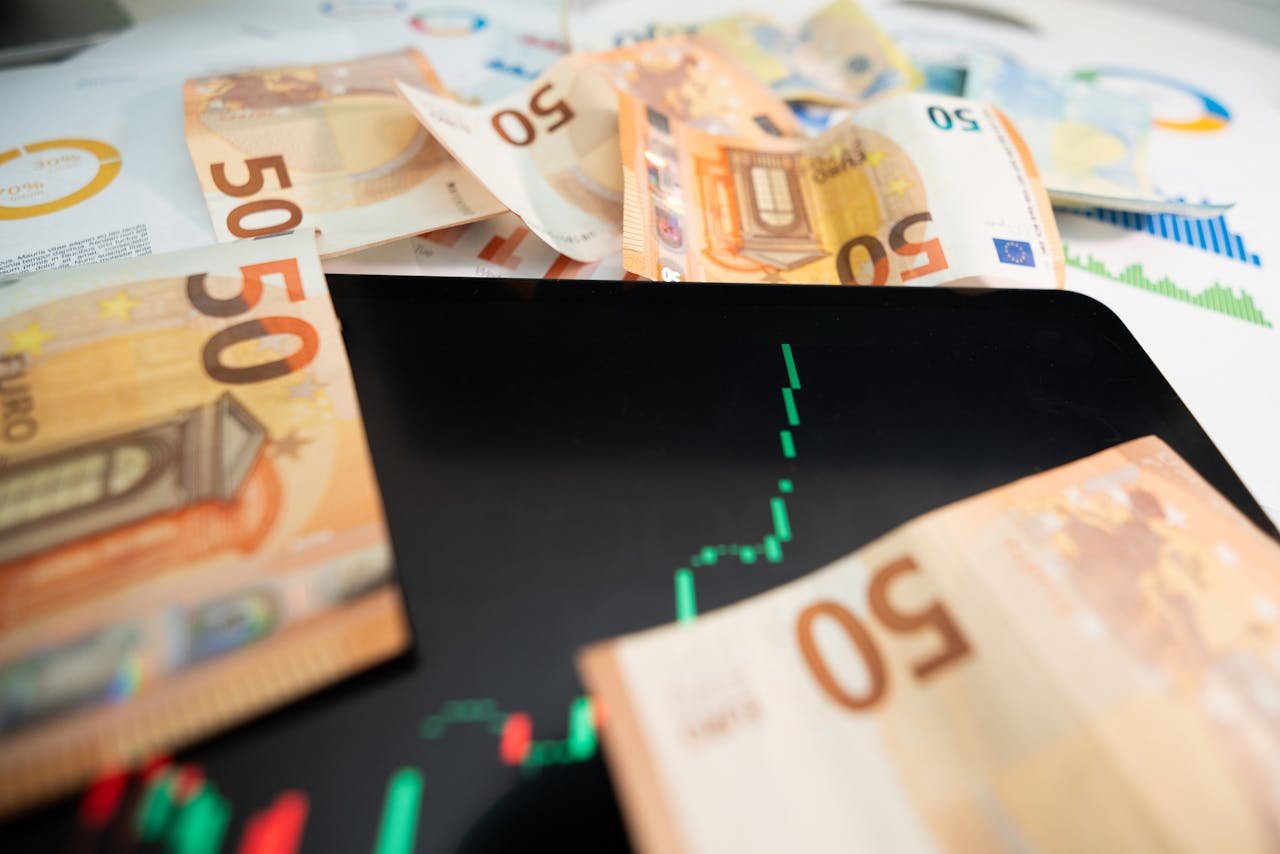What Factors Affect Forex Exchange Rates?
Interest rates, inflation, and political stability are key factors affecting forex exchange rates. Economic performance and market speculation also

Interest rates, inflation, and political stability are key factors affecting forex exchange rates. Economic performance and market speculation also play significant roles.
Forex exchange rates determine the value of one currency against another. Traders, investors, and businesses constantly monitor these rates to make informed financial decisions. Interest rates influence currency value by attracting foreign capital. Inflation rates impact purchasing power, which in turn affects exchange rates.
Political stability and economic performance create investor confidence, leading to stronger currencies. Market speculation can cause short-term fluctuations based on news and events. Understanding these factors helps in predicting currency movements and making better trading choices. Effective forex trading strategies often rely on a deep understanding of these influencing factors.
Economic Indicators
Economic indicators such as interest rates, inflation, and GDP growth influence forex exchange rates. Political stability and market speculation also play crucial roles.
Economic indicators play a crucial role in Forex exchange rates. These indicators provide insights into a country’s economic health. They influence investor decisions and market movements. Two key economic indicators are GDP growth and employment data.
GDP Growth
Gross Domestic Product (GDP) growth measures a country’s economic performance. A rising GDP indicates a healthy economy. Investors gain confidence and the currency strengthens. When GDP declines, the currency weakens.
Here is a simple table showing the impact of GDP growth on currency strength:
| GDP Growth | Currency Impact |
|---|---|
| High | Strong |
| Low | Weak |
Employment Data
Employment data reveals the number of people working in a country. High employment rates indicate a robust economy. This usually strengthens the currency. Low employment rates suggest economic problems. This weakens the currency.
Key employment indicators include:
- Unemployment rate
- Job creation numbers
- Wage growth
Strong employment data boosts investor confidence. The currency becomes more attractive. Weak data leads to a loss of confidence. The currency depreciates.

Interest Rates
Interest rates play a crucial role in determining forex exchange rates. They influence the value of a nation’s currency. Higher interest rates offer lenders a better return compared to other countries. This can attract foreign capital and cause the exchange rate to rise.
Central Bank Policies
Central banks control a country’s monetary policy. They set the interest rates. A higher interest rate can attract foreign investments. This leads to an increase in demand for the currency. Conversely, a lower interest rate can decrease the currency’s value.
| Country | Central Bank | Current Interest Rate |
|---|---|---|
| USA | Federal Reserve | 2.5% |
| UK | Bank of England | 1.75% |
| Japan | Bank of Japan | -0.1% |
Inflation Rates
Inflation rates also affect interest rates. Central banks raise interest rates to control high inflation. This action strengthens the currency. Conversely, low inflation might lead to lower interest rates. This can weaken the currency.
- High Inflation: Central banks might increase interest rates.
- Low Inflation: Central banks might decrease interest rates.
Both high and low inflation impact the exchange rates. Understanding this dynamic can help traders make informed decisions. Keeping an eye on inflation reports is crucial.
Political Stability
Political stability is a significant factor in forex exchange rates. Stable countries tend to have strong currencies. Investors feel safe putting money in stable regions. Unstable countries often have weak currencies. This instability scares investors away.
Government Policies
Government policies greatly influence forex exchange rates. Policies on trade, taxes, and interest rates matter. A country with favorable policies attracts foreign investment. This increases demand for its currency. High demand strengthens the currency. Unfavorable policies have the opposite effect. It leads to a weaker currency.
| Policy Type | Impact on Currency |
|---|---|
| Trade Policies | Open trade policies strengthen currency |
| Tax Policies | Low taxes attract investment |
| Interest Rates | High rates attract foreign capital |
Geopolitical Events
Geopolitical events can shake forex markets. Wars, elections, and international disputes impact currencies. A country at war may see its currency drop. Elections can create uncertainty. This leads to currency fluctuations. Peaceful regions often have stable currencies.
- Wars: Cause economic instability
- Elections: Create market uncertainty
- International Disputes: Affect investor confidence

Market Sentiment
Market sentiment significantly influences forex exchange rates. Economic indicators, geopolitical events, and investor behavior shape currency value fluctuations.
Market sentiment refers to the overall attitude of investors toward a particular currency. This sentiment can influence forex exchange rates significantly. Understanding market sentiment can help traders make informed decisions.
Investor Confidence
Investor confidence measures how optimistic or pessimistic investors are about a currency’s future. High confidence in a currency can drive its value up. Low confidence can cause its value to drop.
| Factors Influencing Investor Confidence | Impact on Currency |
|---|---|
| Economic Data | Positive data boosts confidence; negative data reduces it. |
| Political Stability | Stable politics increase confidence; instability decreases it. |
| Global Events | Positive events boost confidence; crises reduce it. |
Speculative Activities
Speculative activities involve traders buying and selling currencies to profit from price changes. These activities can also affect exchange rates.
- High Trading Volumes: Can lead to rapid price changes.
- Market Manipulation: Large trades can influence market directions.
- Short-Term Trends: Speculative trades can create temporary trends.
Understanding these factors helps traders predict potential market movements. Staying informed can lead to better trading decisions.
Trade Balances
The forex exchange rates are influenced by several factors. One key aspect is the trade balances of a country. Trade balances reflect the difference between a country’s exports and imports. This balance impacts the demand and supply of a nation’s currency.
Exports And Imports
A country that exports more than it imports will have a trade surplus. A trade surplus usually strengthens the nation’s currency. This is because there is more demand for its currency. Conversely, a trade deficit weakens the currency. The country needs to buy more foreign currency to pay for imports.
| Trade Scenario | Currency Impact |
|---|---|
| Trade Surplus | Stronger Currency |
| Trade Deficit | Weaker Currency |
Current Account Deficit
A current account deficit occurs when a country imports more goods, services, and capital than it exports. This deficit is an indicator of a weaker currency. The country borrows from foreign sources to pay for its excess imports.
- A large current account deficit can lead to a decrease in forex reserves.
- It also affects investor confidence, leading to currency devaluation.
Countries with a sustainable current account deficit may see a gradual currency decline. If the deficit is too large, it may cause a sudden drop in the currency value.

Frequently Asked Questions
What Are The 4 Factors That Impact The Exchange Rate?
The four factors that impact the exchange rate are inflation rates, interest rates, political stability, and economic performance.
What Are The 3 Factors Affecting The Demand For Foreign Currency?
The 3 factors affecting the demand for foreign currency are interest rates, inflation rates, and economic stability. Higher interest rates attract more foreign investment. Lower inflation rates increase currency value. Economic stability boosts investor confidence.
What Makes The Forex Market Go Up And Down?
The forex market fluctuates due to interest rates, economic data, geopolitical events, and market sentiment. Traders react to these factors, causing price changes.
What Are The Three Factors That Determine Exchange Rates?
The three factors that determine exchange rates are interest rates, inflation rates, and political stability. Interest rates influence currency value. Inflation rates affect purchasing power. Political stability impacts investor confidence.
Conclusion
Understanding forex exchange rates is crucial for traders. Various factors like economic indicators, political stability, and market sentiment influence rates. Staying informed helps make better trading decisions. Keep an eye on these elements to navigate the forex market effectively. Knowledge and awareness can significantly impact your trading success.















